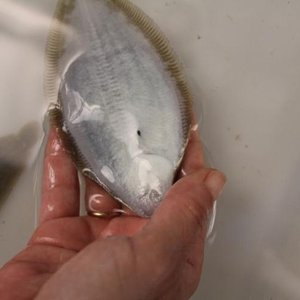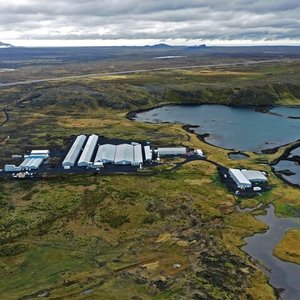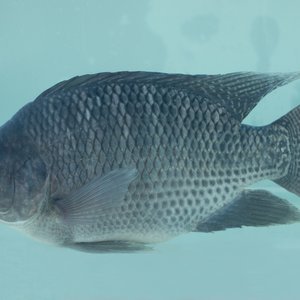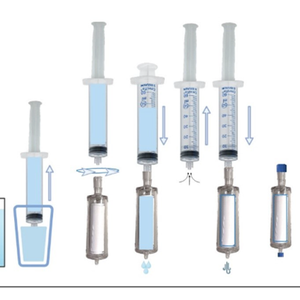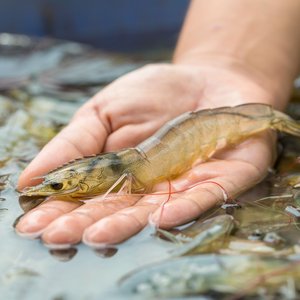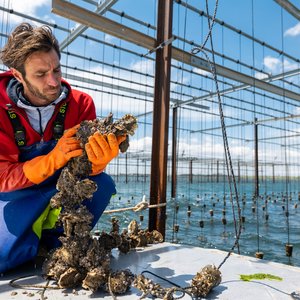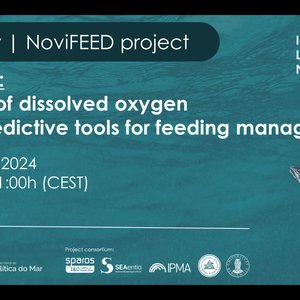Benchmark Genetics Chile started marketing a new salmon local egg strain, SagaChile, in November 2020 and its performance data in 33 Chilean salmon centers is showing highly competitive growth and a very low impact of SRS on total mortality.
The success of SagaChile represents a solid step forward in the plan to position the company as an option for a local egg supplier in Chile. “This milestone confirms that our strategy is being well executed and provides a solid response to the expectations generated in the Chilean salmon farming industry. This moment marks an excellent starting point for our improved genetic material and inspires us to continue developing our strain, continually adapting it to present and future local challenges,” explained Pablo Mazo, general manager of Benchmark Genetics Chile.
The company said that it was a challenging process but also very exciting, “with many hours of hard work, enormous commitment and demands on the capacity of our team. There were four years of care for our first reproducers since their arrival in Chile in 2017, ensuring the best strategies, processes and environment for their optimal development.”
“Our objective continues to be to produce at the highest level of biosecurity, which is gaining importance and value for the industry, as more RAS facilities are developed that produce larger smolts,” added Mazo.
The company reports that performance data of the strain in 33 AquaChile farming centers show a very competitive growth (GF3) and a very low impact of SRS on total mortality. “We can only assume that this new generation of locally produced eggs will significantly surpass its predecessors, since we have increased the selection based on diseases present in Chile, maintaining the focus on growth and late maturity,” Mazo said.
In the future, the company said that they will be able to supply locally produced eggs 52 weeks of the year since they have transferred the production protocols from Europe to Chile.



